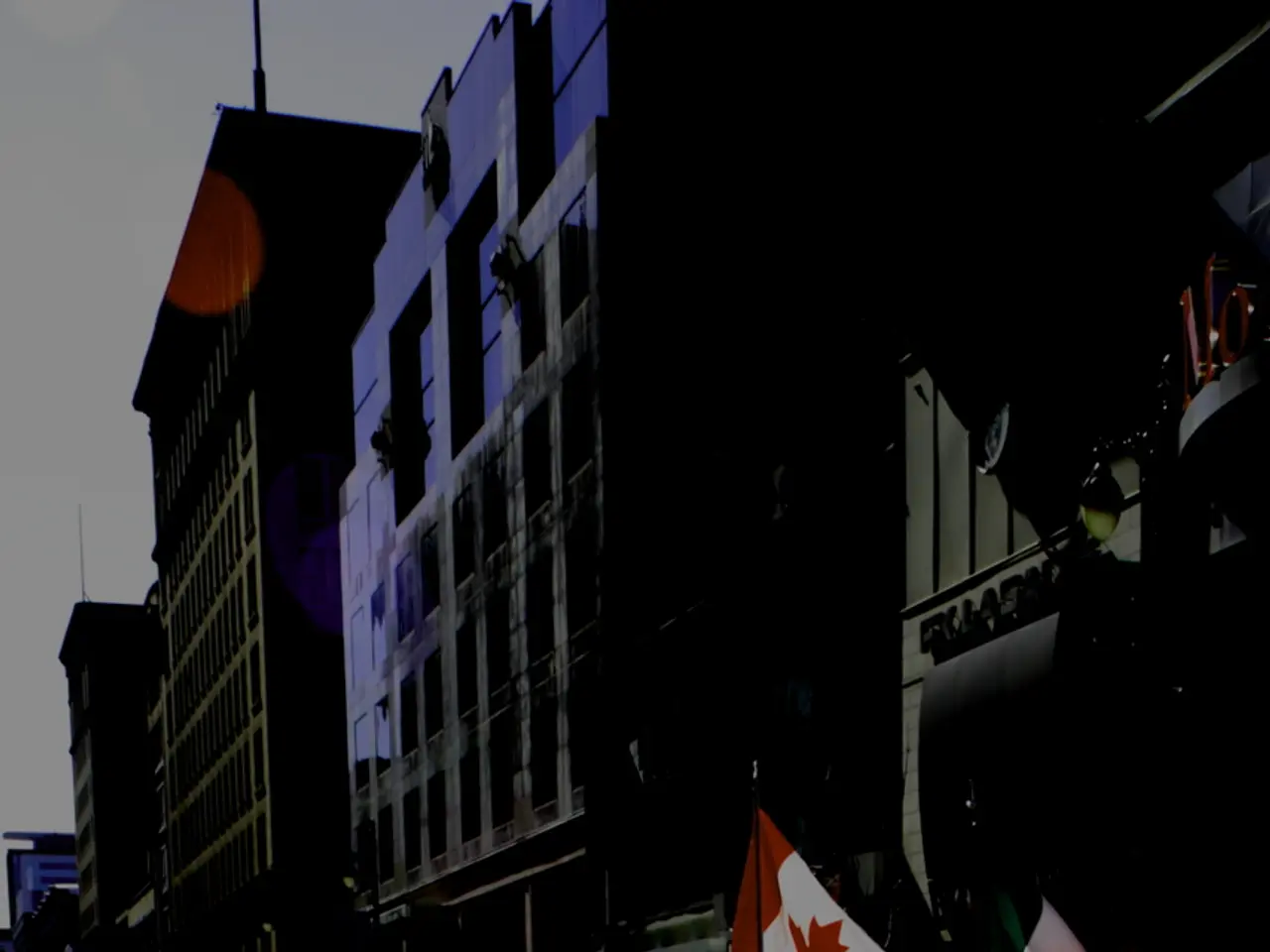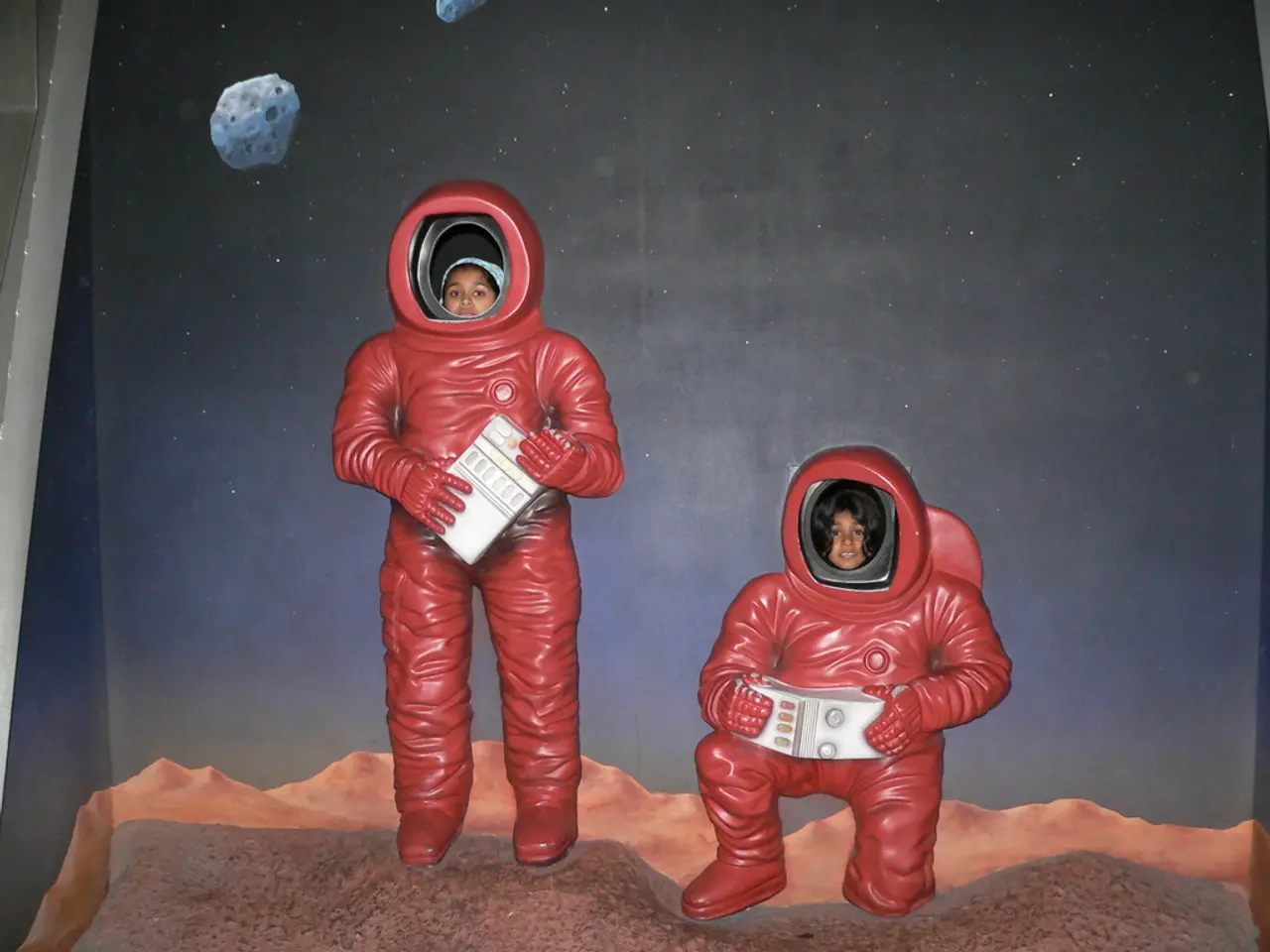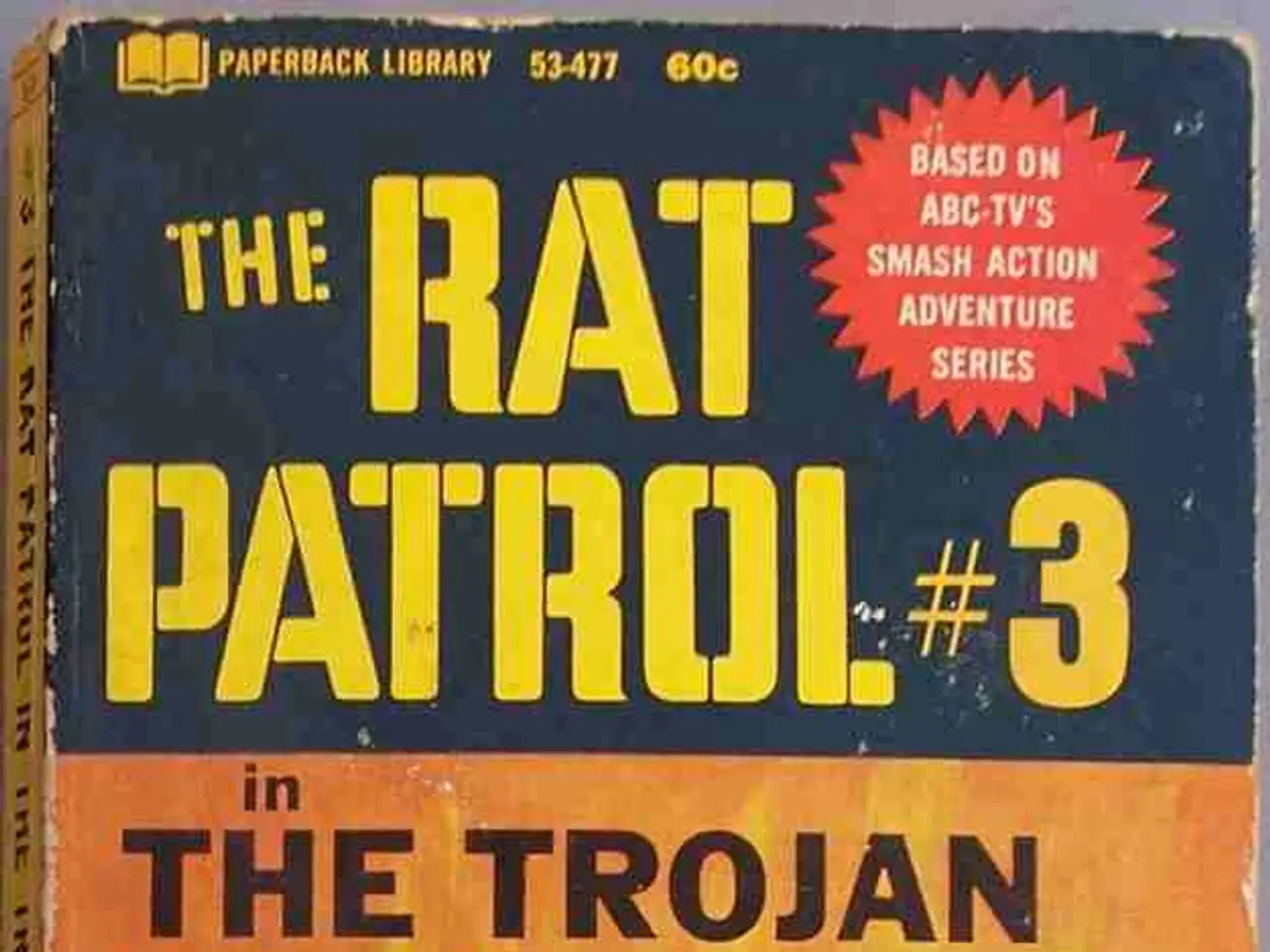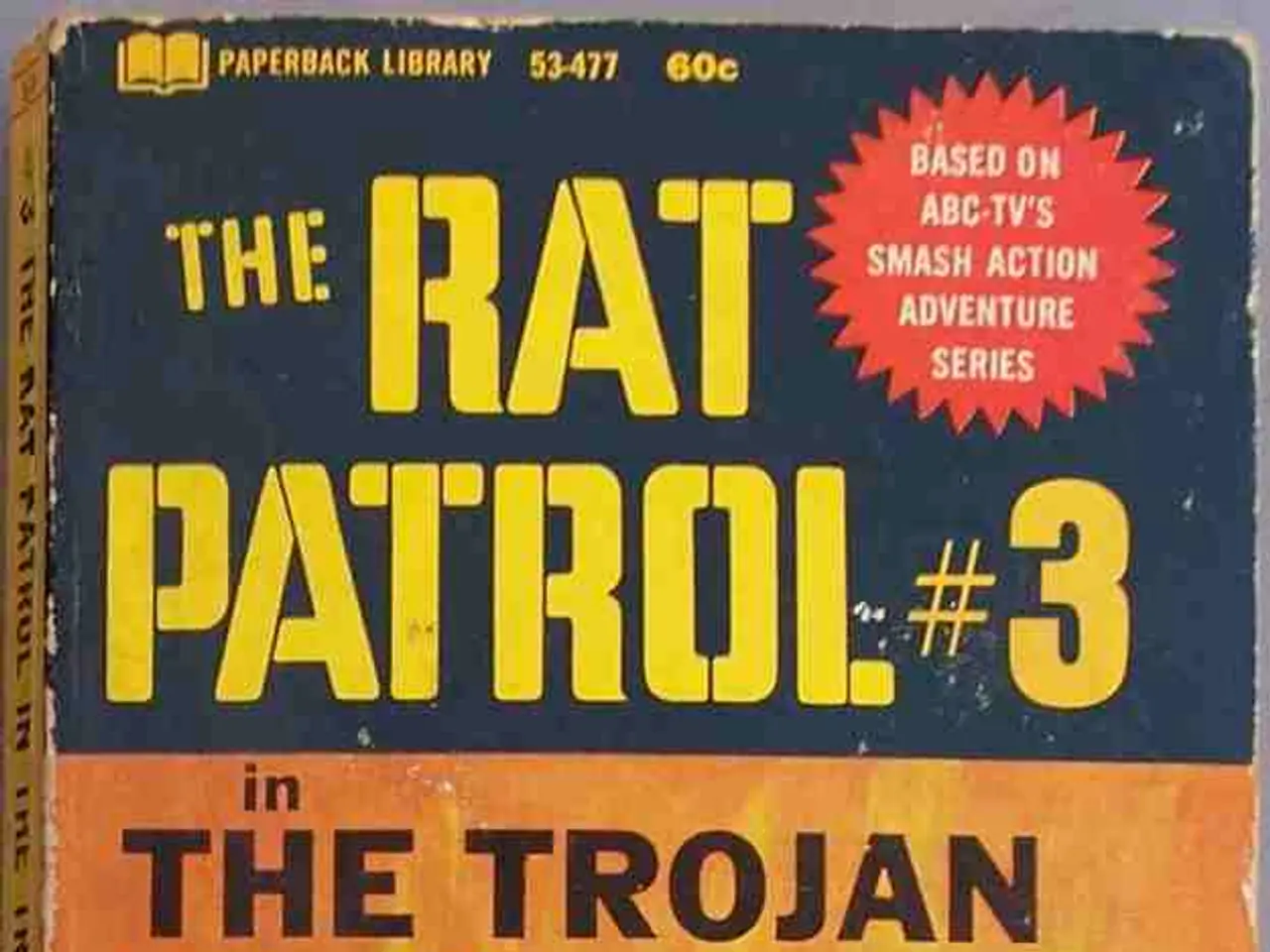Movie studio Universal Pictures introduces legal barriers to curb artificial intelligence from accessing and utilizing its copyrighted content, safeguarding its intellectual possessions.
Hollywood Studios Crack Down on AI Use of Copyrighted Material
In a move to protect their intellectual property, Universal Pictures and other Hollywood studios have begun including legal warnings in the credits of their recent releases. This includes films like Jurassic World: Dominion and The Bad Guys. The warning is aimed at deterring companies that use AI without a license to train their systems, citing copyright infringement.
The current legal stance of Hollywood studios, including Universal Pictures and Disney, on the use of copyright-protected material to train AI models is firmly oppositional. They actively seek to block unauthorized use of their films for AI training, arguing that such use is not protected under fair use.
This is evident in the lawsuit filed by Disney and Universal against AI image generator Midjourney, accused of plagiarism and widespread copyright infringement. The studios argue that unauthorized copying threatens the exclusivity and market value of their characters and franchises. The Motion Picture Association supports these lawsuits, emphasizing strong copyright protection as fundamental to the industry.
However, AI companies like Midjourney claim their training activities fall under fair use provisions of U.S. copyright law. They argue that the studios themselves also use AI tools and thus are seeking contradictory positions by condemning AI while benefiting from it. Midjourney’s response to the lawsuit highlights these points as part of the ongoing legal debate.
The question remains whether AI will be Hollywood's creative ally or its biggest threat. While studios position unauthorized AI training as piracy, there remains uncertainty and legal challenge about whether using copyrighted works for AI training constitutes copyright infringement or qualifies as transformative fair use. The outcomes of current lawsuits are expected to shape future legal standards.
On the other hand, some production houses are integrating AI into their creative processes instead of opposing it. For example, Netflix used AI to generate some scenes in the Argentine production, The Eternaut, completing a scene of a building collapse ten times faster than with traditional visual effects.
The issue of unauthorized use of copyright-protected material to train AI models is a problem in the industry. This unauthorized use allows algorithms to replicate visual elements, styles, and ideas from creators without offering them compensation. Actor Robert Downey Jr. has expressed opposition to the use of AI in cinema, voicing concerns about the potential for AI-generated content to mimic major franchises without the original authors receiving any benefit.
As Hollywood navigates this new frontier, it will be interesting to see how the industry evolves and how the legal landscape surrounding AI and copyright law develops.
In light of the Hollywood studios' crackdown on unauthorized AI use of copyrighted material, entertainment companies might need to reevaluate their approach to AI, considering its potential both as a creative ally and a threat to intellectual property. For instance, some might choose to embrace AI for enhancing their productions, like Netflix integrating AI into the creative process, while others, such as actor Robert Downey Jr., express concerns about AI-generated content imitating major franchises without fair compensation for the original creators.








